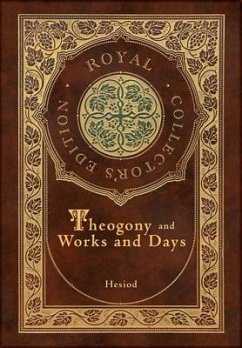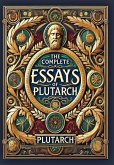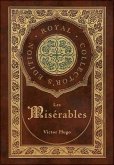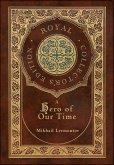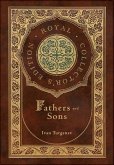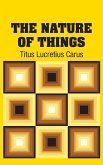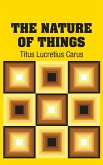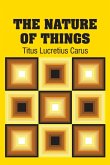Theogony details Hesiod's interpretation of the origins of the world and the gods, beginning with Chaos, Gaia, Tartarus, and Eros, and shows a special interest in genealogy. The variant tales hint at the rich variety of myth that once existed.
Hinweis: Dieser Artikel kann nur an eine deutsche Lieferadresse ausgeliefert werden.
Hinweis: Dieser Artikel kann nur an eine deutsche Lieferadresse ausgeliefert werden.

